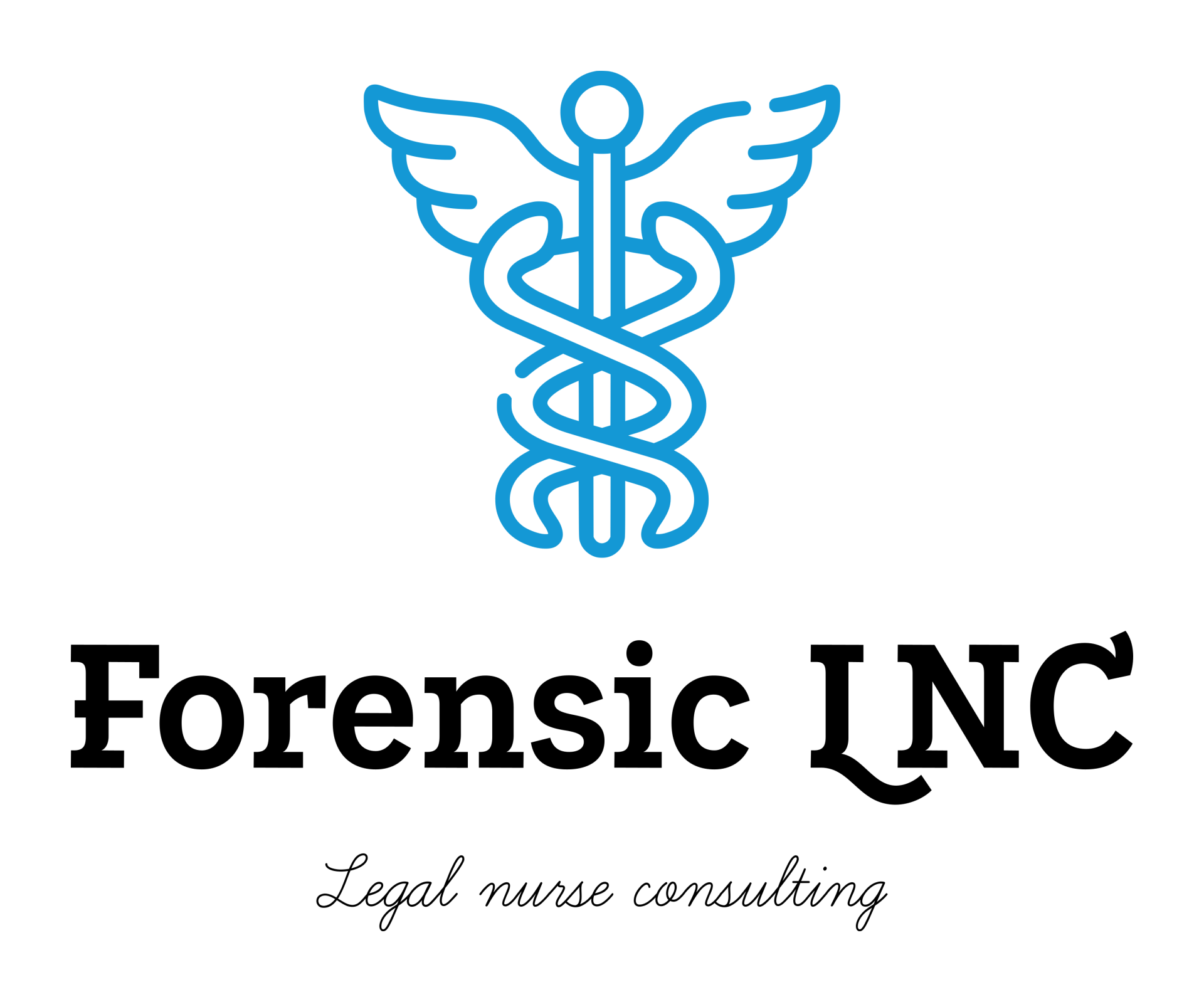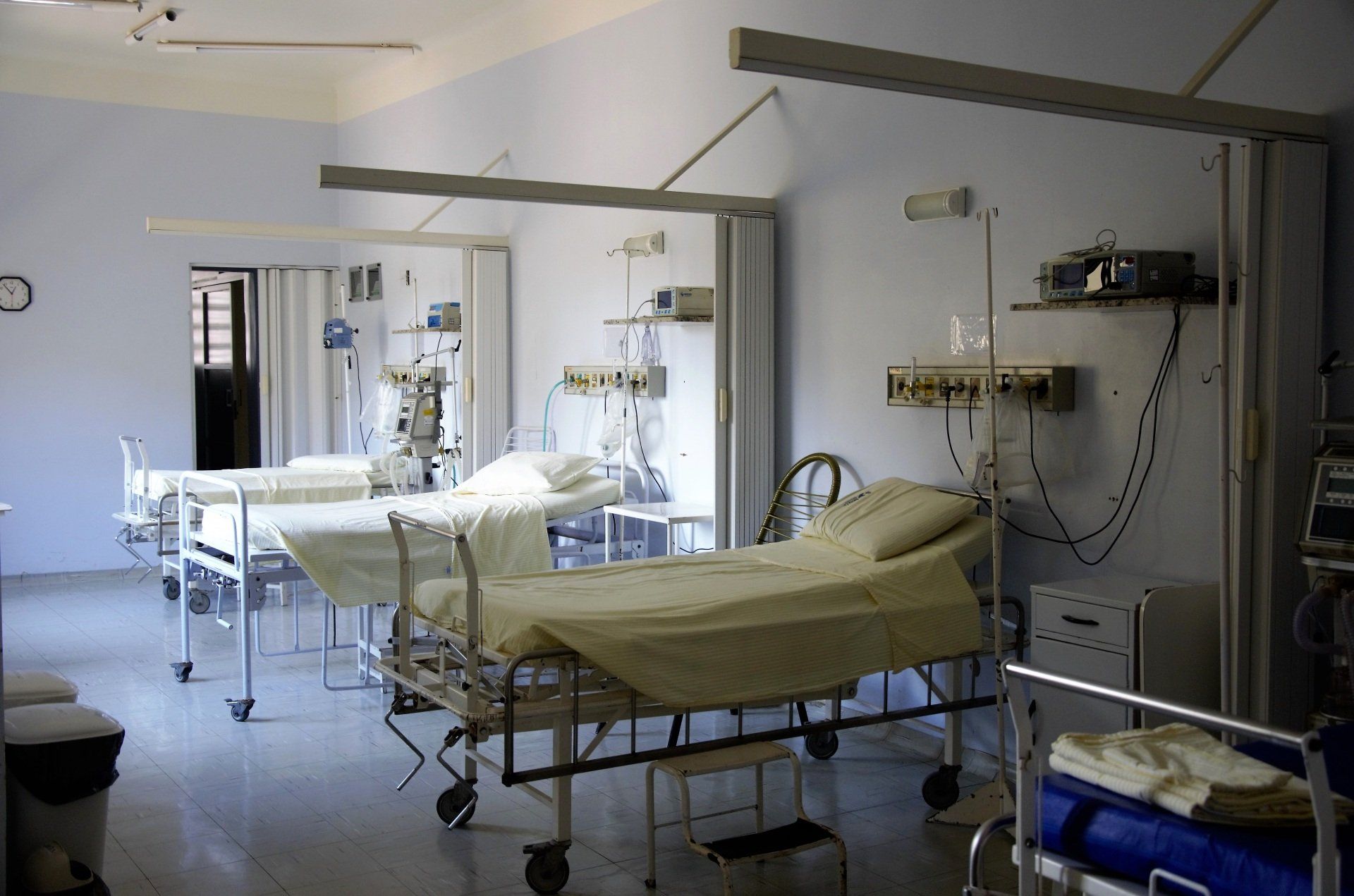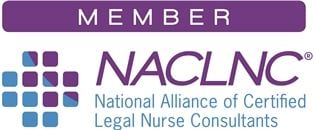
5 Reasons Your Loved One May Die in the Hospital

5 Reasons Your Loved One May Die in the Hospital
Introduction
When you think of hospitals, chances are your mind immediately jumps to the idea that they’re safe and full of doctors who are there to help. But even though it is, for the most part, true that hospitals are staffed with capable people who want to help patients, there are also many ways in which a hospital stay can prove dangerous. Even if you don’t have a loved one currently in the hospital, there’s still plenty you can learn from this list of five reasons your loved one may die in the hospital.
#1 Lack of appropriate staffing
When a hospital is not adequately staffed, it can lead to delays in treatment and poor communication between the patient and their caregivers. This can be dangerous for any patient, especially those with limited mobility or who are cognitively impaired. If your loved one has been admitted to the hospital and you notice that they're not getting adequate care from staff members, it's essential that you speak up about this issue.
The staff at the hospital should be trained to respond to complaints and concerns from patients. If you believe that your loved one is not getting adequate care, it's crucial that you document this as much as possible. You can also contact the unit manager or another administrative person at the hospital if they're available.
#2 Lack of monitoring
Lack of monitoring is a common reason for hospital deaths. Monitoring is the process of observing a patient's condition and checking vital signs, such as blood pressure, heart rate, and respiratory rate. Monitoring can help prevent complications or death by detecting them early on so they can be treated before they become serious.
Monitoring is a crucial part of nursing, and it helps ensure that patients are safe and healthy. It's important for nurses to monitor patients' vital signs regularly to detect any changes in those signs, which can indicate an emergency situation or serious health problem. Monitoring also helps with the early detection of complications or death.
Alarm fatigue
Alarm fatigue is a serious problem in hospitals. It occurs when the constant beeping and buzzing of medical equipment becomes so routine that it's ignored by staff, who may miss important alarms.
Alarms can also be ignored because they are too noisy: A study found that nurses were less likely to respond when alarms were louder than 70 decibels (about as loud as a dishwashing machine) but more likely to respond if they were under 60 decibels (about as loud as normal conversation).
#3 Medicine errors
Medication errors are common, and they can be fatal.
The most common reason for a medication error is an incorrect dosage--either too much or too little medication. This can happen when, for example:
- A doctor prescribes a drug in milligrams (mg) instead of micrograms (mcg).
- The patient receives a drug not on their chart because it was given by another provider who didn't record it correctly or at all. In this case, you might end up taking two different medications at once without knowing about each other's effects on your body because they're interacting negatively with each other (called "drug-drug interactions").
The Five Rights of Medication Administration is the gold standard for safe medication practices. These five rights include; the right patient, the right drug, the right dose, the right route, and the right time. If any one of these rights is incorrect, there is an increase for an error to occur.
A doctor or pharmacist may prescribe a medication that has too many side effects for you or one that isn't effective in treating your condition. You might not be able to tolerate the drug because of an allergy or other reasons. An incorrect dose (too much or too little) can lead to serious problems with the effectiveness of certain medications over time.
#4 Delay of transfer
Delay of transfer occurs when a patient may need to be transferred to another medical facility, but the transfer takes too long. It can happen because of delays in communication between hospitals or nursing homes, but it's often caused by the patient being stuck in one hospital while waiting for approval from insurance companies or other entities that have a say in their care.
It can be dangerous because time is critical when treating specific conditions. For example, if you're having an asthma attack and need emergency treatment at another hospital with better facilities than yours (or even just closer access), then delay could mean death!
When it comes to the patient needing a higher level of care, time is precious. Delays can be due to a lack of bed availability, lack of appropriate transport, or the stability of the patient to transfer.
Hospitals can be dangerous places. It's essential to know how to keep an eye on what is happening with your loved one and how you can prevent them from dying.
Things to watch for:
- They are given the wrong medications: This happens all the time! Doctors give out prescriptions that they think will help, but sometimes it isn't effective and can cause more harm than good. If you notice any changes in behavior or appearance after they take their medication, talk with a doctor immediately so they can change things up accordingly before things get worse (and potentially fatal).
- They aren't eating enough food: When we're sick or injured, our bodies need more nutrients than usual so they can heal properly--but if we don't eat enough food, then our bodies won't have enough energy for healing purposes either! Make sure someone checks on them regularly if possible; otherwise, try bringing some snacks yourself every once in a while just so there's no doubt whether someone else has been feeding them properly.
#5 Medication Errors
Medication errors are a serious problem in the hospital, and they can have devastating consequences. According to the U.S. Department of Health and Human Services, medication errors are the third leading cause of death in the U.S., with over 700,000 deaths per year.
To reduce the risk of medication errors, it's important to understand how they happen and how to avoid them. Here are the five rights of medication administration: the right patient, the right drug, the right dose, the right route, and the right time. Each time these rights are deviated from, there is an increase for error. Most hospitals have systems in place to avoid medication errors, but there are still human error factors in play.
Despite nurses’ best efforts, the use of error-prone abbreviations, ambiguous drug labels, lack of adequate double checks, inadequate staffing patterns, illegible handwritten orders, and many other system issues can contribute to a practitioner’s inability to adhere to the Five Rights.
Conclusion
If you're concerned about your loved one's hospital stay, it's important to ask questions and be proactive. Hospitals are busy places with lots going on at all times, so sometimes things can fall through the cracks. Please help make sure that this doesn't happen by staying vigilant and asking questions whenever necessary. A good rule of thumb is always to double-check any orders given by doctors or nurses before they are carried out, so there are no mistakes made in administering medication or performing other procedures such as surgery!
Share
a b c d e f g h i j k l m n o - Do not remove from template!!! it is important to support different fonts

